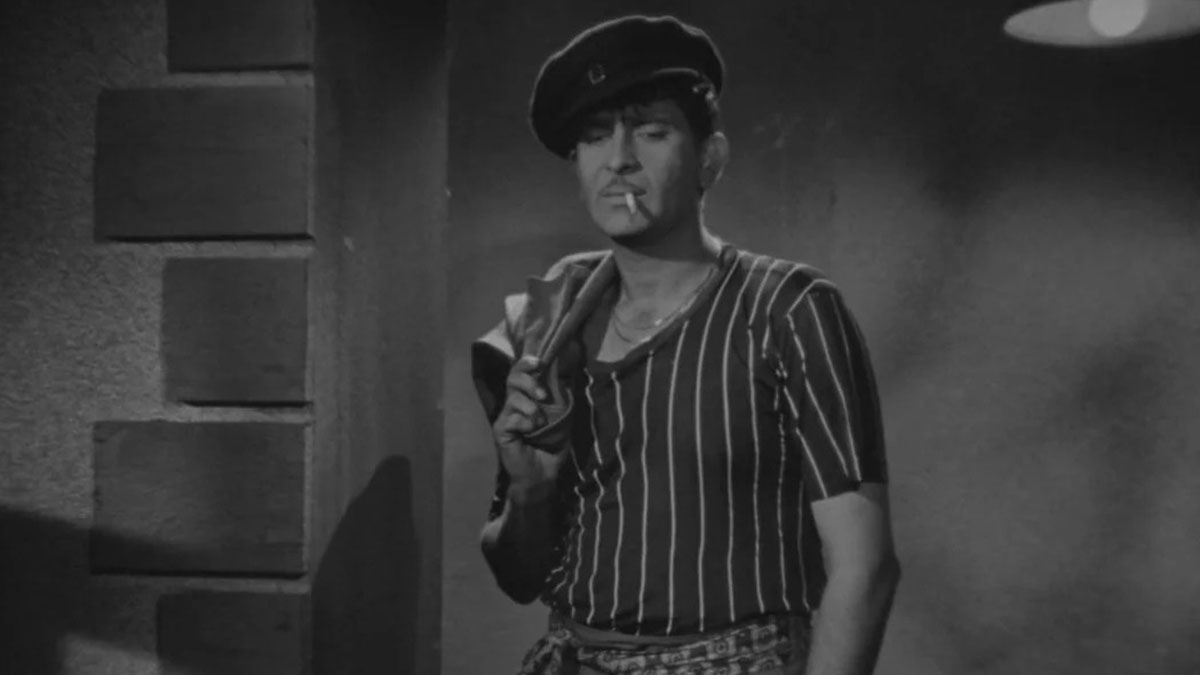Film scholar Sanjay Mukhopadhyay recently told me that Yuri Gagarin watched Awaara before leaving for space. I instantly remembered Raj Kapoor’s publicist V.P. Sathe talking about this in 1989. Sathe had said that Gagarin watched Awaara to relate to the loneliness of the character Kapoor portrayed in his trend-setting 1951 film.
No other Indian actor or director was as popular in Russia, Eastern Europe and China as Kapoor was. The 1980 Summer Olympics in Moscow started with ‘Mera Joota Hai Japani’, his immortal number in Shree 420. ‘Awaara Hoon’ was a personal favourite of Mao Zedong. People in almost all socialist countries loved his songs.
In my first interaction with Raj Kapoor in 1986, I asked him about his fascination with socialism. He laughed and said that his mentor, writer-director K.A. Abbas, inspired him. Kapoor knew well that he was not as versatile as Dilip Kumar or as handsome as Dev Anand. But he smartly reached out to the masses as the vanguard of the proletariat. His seriocomic acting style won countless hearts, and his blank face depicted a tragedy in a way unequalled even today.
Kapoor and Guru Dutt possessed an inborn sense of music. Kapoor’s musical soul was the composer-duo Shankar Jaikishan. Shailendra and Hasrat Jaipuri penned their most memorable lyrics, and Mukesh and Manna Dey rendered countless super hits for him.
Kapoor learnt the piano accordion from musician Sumit Mitra and he played it while lip-synching the song ‘Har Dil Jo Pyar Karega’ in Sangam. He could play the tabla as well.
He hated being called a showman and wanted to be remembered as the joker. In his biographical film, Mera Naam Joker, he did exactly what he wanted―making viewers laugh while his inner self cried.
After Mera Naam Joker flopped, Kapoor stopped acting in films he directed. He made a major comeback with Bobby and went on to direct the successful Satyam Shivam Sundaram and Prem Rog. His last movie, Ram Teri Ganga Maili, had solid content and it was a commercial success as well.
Kapoor delighted his crew with his comic antics and never made them feel that he was the boss. The entire film industry participated in his Holi celebrations. His heroines―Nargis, Nutan, Mala Sinha and Vyjayanthimala―cherished working with him. In 1962, he visited Suchitra Sen at her Kolkata residence to offer a role. He sat on the floor while talking to her. Sen refused the offer and was critical of him sitting on the floor. Director Asit Sen chided her and told her that she was unable to appreciate the people’s hero.
Kapoor was often criticised for the nudity in his films. But he had a deep respect for women. While shooting for Jagte Raho in Kolkata, he took permission from directors Sombhu Mitra and Amit Maitra and visited Sonagachi, Kolkata’s red street area. He arranged dinner for all the women there and addressed each one as ‘Ma’.
He was fascinated by Jawaharlal Nehru’s approach to socialism. The prime minister was supposed to make an appearance Ab Dilli Dur Nahin, but he could not. Kapoor was heartbroken. “Nehruji taught me to be a man of the people,” he told me. “I am not educated enough to speak on socialism. I always speak the language of the masses.”
The author is a Kolkata-based journalist.


